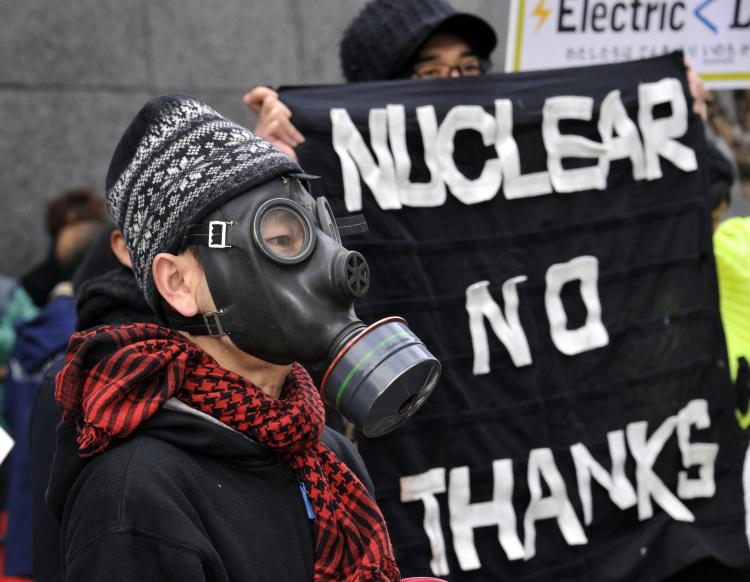VANCOUVER—As the nuclear crisis continues in Japan, Physicians for Global Survival are calling for a moratorium on new nuclear reactors in Canada and a suspension of operations at existing reactors on fault lines.
PGS said that unlike x-rays, which have little effect on human health due to their limited exposure, radioactive emissions from nuclear power plants expose entire populations and are “gifts that keep on giving.”
“There is no safe level of radiation exposure,” said Dr. Michael Dworkind, ex-president of PGS, in a press release.
“Only recently, scientists discovered that background natural radon was responsible for an estimated 20 percent of lung cancers in Canadians. The same scientists estimate that 20 percent of childhood leukemia occurs as a result of exposure to natural radiation.”
According to the U.S. National Academy of Sciences, any exposure, but especially long-term exposure, increases the risk of developing cancer.






